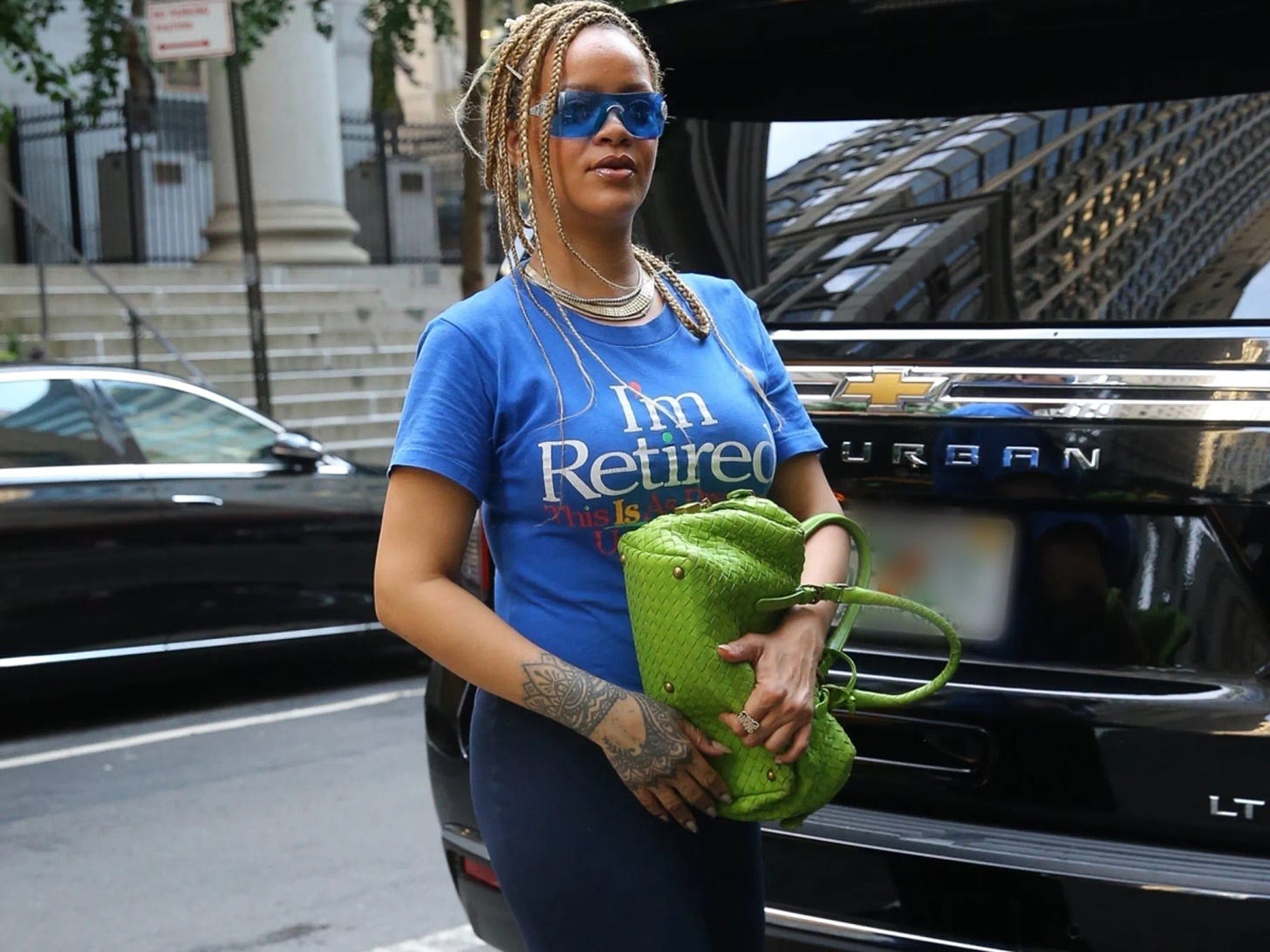Few things are more inspiring for me than seeing Black women take up space in the world. Black girl culture is creative, vibrant, unique, and aspirational to those who are not a part of it. It makes perfect sense that Black-owned beauty brands are thriving. I love my Ami Colé lip gloss, Topicals body serum, Nola Skin Essentials, and Mielle Organics deep conditioner. Still, as with all forms of consumption, I try to be mindful of my purchases, regardless of who sells them. In the early days of natural hair care blogs and forums, the term "Product Junkie" was coined to describe people who bought more hair care products than they could realistically use. Part of what fuels people to be Product Junkies is the urge to experiment with a new brand or product to see if it's better than what they already have. Nevermind, if you had products that are working perfectly fine. Decades of products that work for your hair type sequestered to a scant "ethnic hair care" section in stores, and centuries of having your natural hair texture denigrated, is more than enough reason to keep feeding that insatiable beast that tells you, maybe there is something even better to use on your locs. I had a brief stint as a Product Junkie until I realized how much money I was wasting on trying to constantly improve my type 4 hair which, no matter what the advertisement says, is always going to be naturally dry and kinky. These days, I use every tube and bottle of hair or skin care products until the last drop, and I donate, recycle, and thrift clothing. These habits are influenced by getting to the bottom of why I make certain purchases, beyond just wanting to try them out, and how my purchases impact the environment.
Navigating a world that constantly tries to get you to buy something can be exhausting at times. Having a base-level understanding of the sociological and environmental ramifications of hyperconsumerism compounds my consumer fatigue. All of this makes getting excited about yet another celebrity product quite difficult for me, even if a highly celebrated Black woman is selling it. Most people do not care about where or to whom their money is going, and there is an argument that nearly everything we buy is going to be tied to some problematic person or business entity. But when Black people become figureheads for people and corporations who cause harm to marginalized communities, and it’s packaged as empowerment, it’s time for us to reassess who we are heralding and why.





